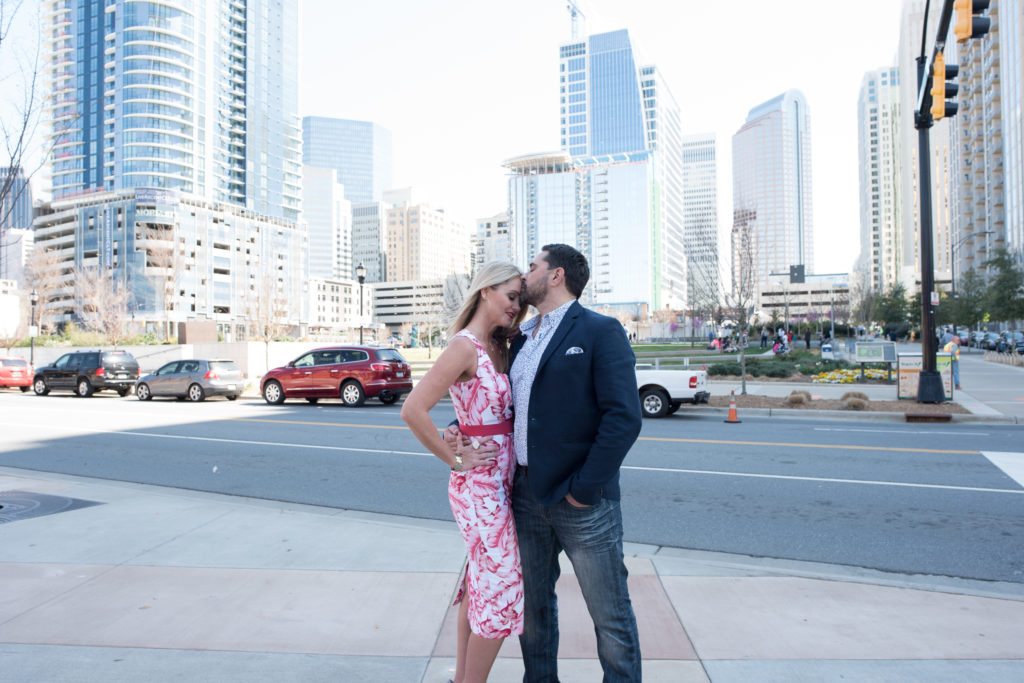Until very recently if I said I love you, I wanted to hear an I love you in return.
Sometimes when I say, “I love you” to my husband his response is “thank you.” Thank you? Is he playing games with me? These two words hurt my insides. Thank you is a ridiculous response to an I love you. When I finally spoke up, he responded with, “are you saying it because you want to hear it back or are you saying it because you feel it?” Well, I say it because I feel it, but a thank you makes me feel a little empty like the feelings aren’t mutual. (stupid reasoning since we’ve been together for 16 years) The exchange reminds me of times as a teenager when you would say I love you too soon to an awkward boy and get a, “ummmmm thanks.” Haha. Not that this ever happened to me. 🙂
When something strikes me as difficult to feel through in our relationship, I start looking for answers. I thought for sure I would find article after article that supported my theory that if your spouse says they love you it is beyond rude to not reciprocate. I mean, what kind of message are you sending their way? When he tells me he loves me, I would never imagine not saying it back. I found the complete opposite though. Let me tell you what I learned and why my way of thinking may be riddled with the wrong expectations.
First, let’s talk about the word “Love.”
The word “love” is usually associated with a romantic relationship. These days “love you” is also used to say, “hey you’re fantastic, and I like you a lot.” Or what you are saying resonates with me. But this post is about hubby and wife love.
In the Good Men Project article “Why ‘I Love you, Too’ Means Absolutely Northing (Sorry!),“ Tim Moussau suggests the phrase “I love you” should be a statement of power. He writes:
“It’s something to say to another because it is meant from within the depths of our heart. When we tell someone we love them; it should be organic, brought about because we experience these emotions on a visceral level.”
In the same Good Men project article it says, When someone says I love you, you can react in one of two ways:
Say you love them because you do and can feel every part of these words at this moment, not because you are vending machine that dispenses an “I love you too” in exchange for the words being said to you.
Or wait. Say “Thank you.” Don’t say I love you at that moment because you do not feel it at that time. Only say the words when you truly mean it with every part of your heart.
Oh, snap! Did my husband already read this article? This stopped me. Have I been looking at this all wrong?
When you are in love the emotion of love ebbs and flows with life. Sometimes you feel it strongly like a loud song, and other times it’s a light hum. If you have been married for any extent of time, you will know this to be true. My love for my husband is constant, but it flows at different levels. When I feel full and want to express my feelings to him with an, “I love you” is it unreasonable to believe he may feel the exact amount of fullness at the exact time? I want his words to be genuine and said with emotion. So maybe his “thank you” is appropriate after all.
The act of being right and wrong in this is not that important, all that matters is the words reflect their true meaning. I never regret saying it even if the feelings are not reciprocated in the moment. I am capable of sharing my emotions and feelings on a deeper level. What an extraordinary gift that is.
What does the phrase “I love you” mean to you

